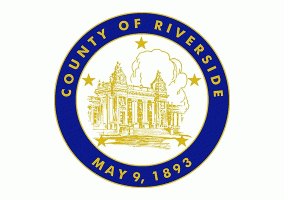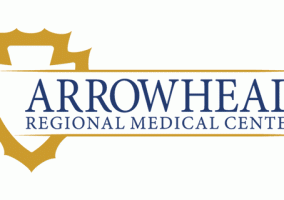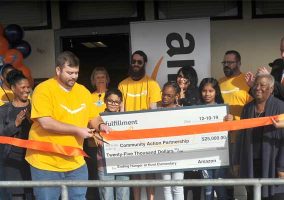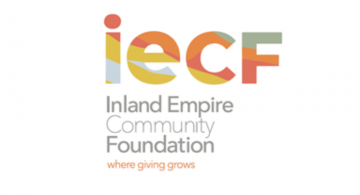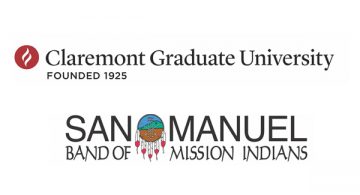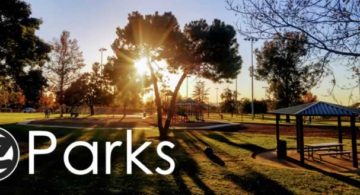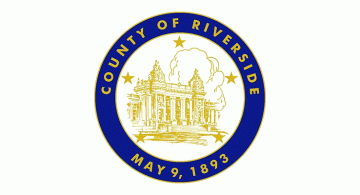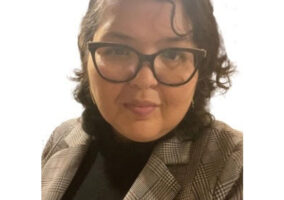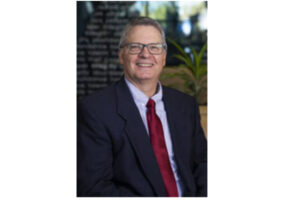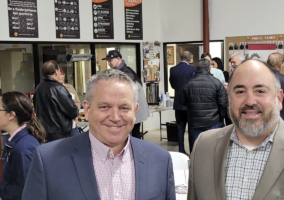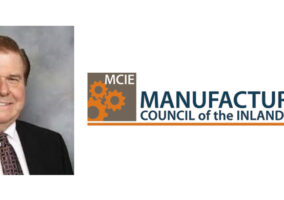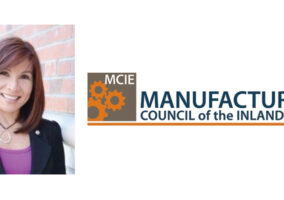Stroke and Resuscitation Programs at RUHS—Medical Center Earn Top Rankings
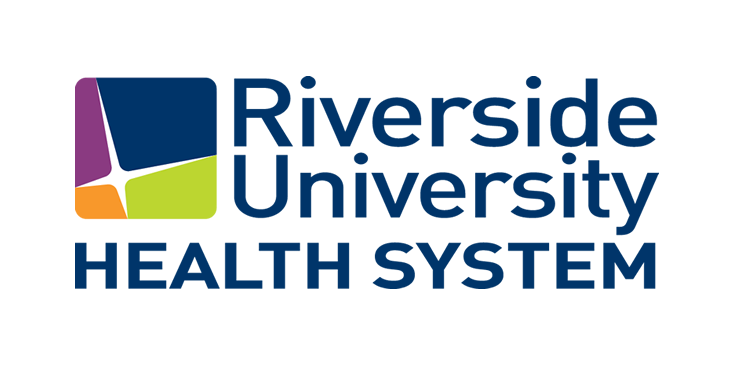
Moreno Valley, Ca —The stroke and resuscitation programs at Riverside University Health System—Medical Center have earned top rankings from the American Heart Association/American Stroke Association for their quality treatment of stroke, cardiac arrest and shock.
The recognition marks the sixth consecutive year the stroke program at the 439-bed public teaching hospital in Moreno Valley has earned the Gold Plus award from the American Heart Association.
Registered Nurse and Stroke Program Coordinator Deborah Brehm credits the program’s success to its multidisciplinary team approach.
“We rapidly identify and treat the nation’s leading cause of long-term disability,” Brehm said. “The faster a stroke victim can get to an emergency room for treatment, the greater chance we have of helping that person return home to the quality of life they enjoyed before their stroke.”
Nearly 9 out of 10 stroke victims experience an ischemic stroke, which occurs when blood clots block the flow of blood to the brain, according to the Centers for Disease Control and Prevention. Brehm said patients suffering from an ischemic stroke are eligible to receive the clot-busting drug tPA if they don’t delay seeking help, as the drug must be administered within hours of the stroke’s onset.
Jennifer Garrow of the American Heart Association/American Stroke Association said the awards recognize that RUHS Medical Center is striving to reduce deaths and disabilities from stroke. To qualify, hospitals must meet quality measures to reduce the time between the patient’s arrival at the hospital and treatment with tPA—the clot-busting drug.
RUHS—Medical Center also earned the Silver and Silver-Plus awards in Resuscitation for the care of cardiac and pulmonary patients. Last year, RUHS Medical Center installed a state-of-the-art diagnostic cardiac and neurovascular catheterization lab to expand access to the diagnosis and treatment of cardiac and pulmonary disorders.
Brehm, the nurse, advises people to know the signs of stroke by remembering the acronym BE FAST; balance, eyes, face, arms, speech and time. If changes are observed, she says to seek help immediately.
“It’s always better to be safe than sorry,” Brehm said. “If you see a change, don’t waste time. The time that is lost in treating stroke can mean the loss of brain function or a life that might never be recovered.”

